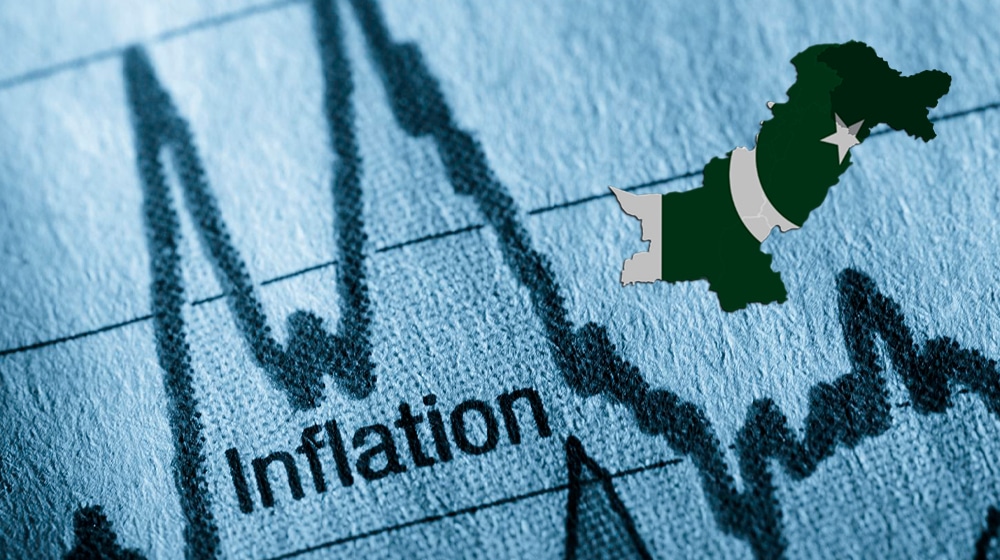The federal government is contemplating imposing a carbon tax on petroleum and similar products or raising the petroleum levy threshold to Rs. 100 per liter in the forthcoming budget, in response to pressure from the International Monetary Fund (IMF).
As reported in Dawn, this move is being considered as the IMF advocates for an integrated general sales tax (GST) to harness the benefits of a value-added tax (VAT) for documentation and digitization purposes.
The proposed carbon tax is just one of the measures under scrutiny by the government to facilitate access to cheaper loans and grants from multilateral institutions, as well as to improve accessibility to green and e-bonds.
READ MORE: World Telecommunication and Information Society Day (WTISD 2024)
The IMF has urged the government to reintroduce GST on petroleum products, along with a petroleum levy of up to Rs. 60 per liter. However, Pakistan has suggested reintroducing the carbon tax or increasing the petroleum levy to Rs. 100 per liter for the upcoming fiscal year.
The government is considering the carbon tax and a levy increase as alternatives to implementing GST, as revenue generated from petroleum products remains entirely in the federal treasury, unlike GST, where provinces have a share.
It’s worth noting that the government is currently levying a petroleum levy of Rs. 60 per liter on both petrol and high-speed diesel, and has amassed Rs. 720 billion in revenue in the first nine months of the current fiscal year. Under IMF obligations, the government had set a target to collect Rs. 869 billion as petroleum levy during the ongoing fiscal year (FY24).
Other revenue-enhancing proposals include imposing a 1 percent withholding tax on non-filer bank transactions of Rs. 50,000 or more, and increasing the tax-to-GDP ratio by 3 percent.
The government aims to broaden the tax base by transitioning GST into a genuine VAT system. This encompasses extending the tax base to the retail and wholesale sectors, agriculture, and implementing uniform income tax rates across all income sources.
Authorities have already committed to ongoing adjustments in gas and electricity tariffs, as well as efforts to mitigate energy costs and circular debt. It’s likely that the next fiscal year will maintain a tight monetary policy stance and see further endeavors towards adopting a market-based exchange rate.




